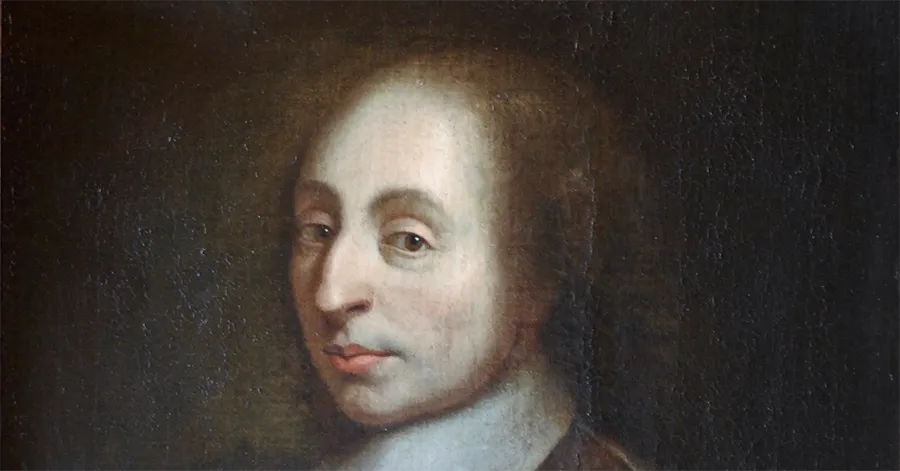
Examining Pascal’s Enduring Contributions to Science and Society Over 400 Years
Blaise Pascal (19 June 1623 – 19 August 1662) was a child prodigy, French philosopher, mathematician, scientist, inventor, and Catholic writer. Despite chronic ill health for most of his life, Pascal’s extraordinary intellect has had an enormous impact on multiple fields of knowledge.
In 1654, Pascal had a profound religious conversion, known as the “night of fire”, and dedicated the rest of his life to defending the Christian faith through writing theology and philosophy. His most famous works are the Lettres provinciales and Pensées. Like many men of genius, he died quite young – just two months after his 39th birthday – leaving posterity to wonder what else he could have achieved in his lifetime.
As a mathematician, Pascal made historic contributions in the fields of game theory, probability theory, hydraulics, atmospheric pressure and the vacuum. Pascal’s work is now considered foundational in the fields of mathematics and theoretical physics, and his literary career has placed him among the finest French writers in history.
In commemorating the 400th anniversary of Pascal’s birth, here are five of his greatest contributions to the world…
1. Probability theory
Pascal was truly a genius when it came to mathematics. He read Euclid’s Elements at age 12, had conversations with leading geometricians in France at age 14 and published his treatise on projective geometry and conical sections at age 16. In 1654, he started corresponding with Pierre de Fermat on the subject of probability theory; these letters are considered foundational to modern probability theory and strongly influenced the development of modern economics and social science.
2. The Pascaline
Pascal is recognized as one of the first two inventors of the mechanical calculator. When Pascal was still a teenager, he started work on building a calculating machine, later called the “Pascaline”. This mechanical calculator could add, subtract, multiply and divide, and was used by his father in his work as a tax collector. The king of France, Louis XIV gave Pascal a royal “privilege” which licensed him to make and sell the machine anywhere in the country. Not bad for a 19 year old!
3. Pascal’s triangle
If you ever did algebra in high school, you’ve probably heard of Pascal’s triangle. Written in 1654 but published posthumously in 1665, Pascal’s treatise Traité du triangle arithmétique describes the ‘arithmetical triangle’, a triangular presentation of binomial coefficients which became known as ‘Pascal’s triangle’. Pascal used the triangle to solve problems in probability theory.
4. Pascal’s Law
Pascal did a lot of scientific experiments on atmospheric pressure to test the theories of Galileo and Evangelista Torricella (who invented the barometer). Along the way, Pascal invented the syringe and the hydraulic press, advanced knowledge about the concepts of pressure and vacuum, and made foundational contributions to the study of fluids which influenced later studies in hydrostatics and hydrodynamics. The hydraulic press is based on what’s known as Pascal’s principle (or Pascal’s law): that for a resting fluid in a confined space, a change in pressure in one part of the fluid is transmitted without loss to every part of the fluid and to the walls of its container.
5. Pensées and Pascal’s Wager
One of Pascal’s most famous works is Pensées, a collection of short pieces that were published after he died. The title ‘Pensées’ means “Thoughts”, and the book is a passionate defense of the Christian faith Pascal adopted after his religious conversion. In Pensées, Pascal makes a famous speculation to the person who won’t believe in God. He says, “Granted that faith cannot be proved, what harm will come to you if you gamble on its truth and it proves false? If you gain, you gain all; if you lose, you lose nothing.”



